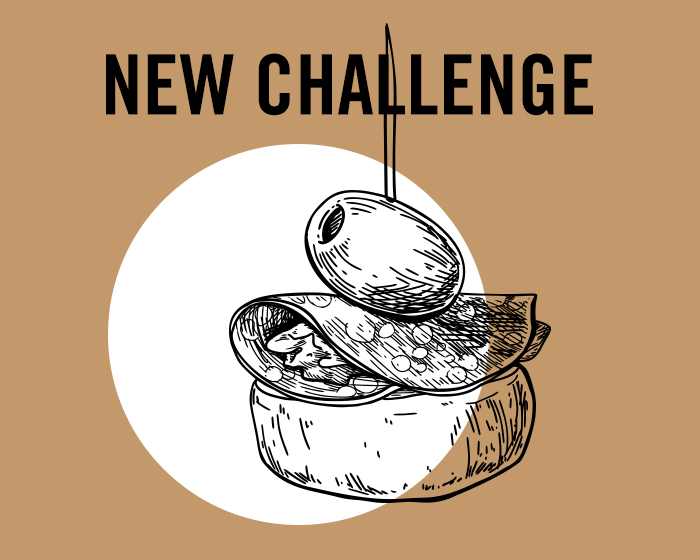If you’ve heard about open textbooks, open education resources (also commonly referred to as OER) you may have also heard about something called a Creative Commons license, or CC licenses. For a many years, copyright or all rights reserved was the default for creators of content. There wasn’t a good way to communicate to others that the creators were open to others borrowing, remixing, and adapting their work. CC licenses solve this problem for educators by clearly communicating how the work can be used and what is required to use it.
In Challenge #1, you were able to access open textbooks in the BCcampus open textbook collection because they have CC licences. In Challenge #2, you had the ability to copy and paste sections and make changes to them because they had a CC BY license.
CC licenses are useful to educators for two reasons:
- As a user of materials, they communicate whether you can use, remix, adapt, share a resource.
- As a creator of materials, they allow you to tell others how they can use, remix, adapt, share what you’ve created.
*One thing to know about CC licenses as educators is that you must own or control copyright in the work to apply a CC license. If you created a work in the scope of your job, you may not be the holder of the copyright, as some institutions hold that copyright. However, as CC licenses become more used in higher education, these legacy policies are starting to adapt to the new reality.
Examples
- In the BCcampus open textbook collection, the preferred license to be included in the collection is a CC BY license
- CC licences also apply to other kinds of works, such as the popular website xkcd, which has a CC BY-NC license, which means that in addition to sharing, or re-using any of the comics, anyone can create new versions of them as long as they use it under noncommercial terms. Or, OpenDesk, where the designs for furniture are all CC licensed and you can make them yourself. Or, alternatively, use their central marketplace to find a local person who can make the design for you.
*You may also be interested in knowing that Traditional Knowledge Labels and Licenses are being articulated for Indigenous knowledge and contexts.
Challenge
- Watch this short video (2 minutes) for an overview of Creative Commons licenses
- If you want to share something you create and still aren’t sure what license you would use, you can try out this CC license chooser and go through the steps.
- Check your understanding with this short exercise.
Video Walkthrough – CC License Chooser
4. In the comments, tell us where CC licenses could be useful to you in your work.
